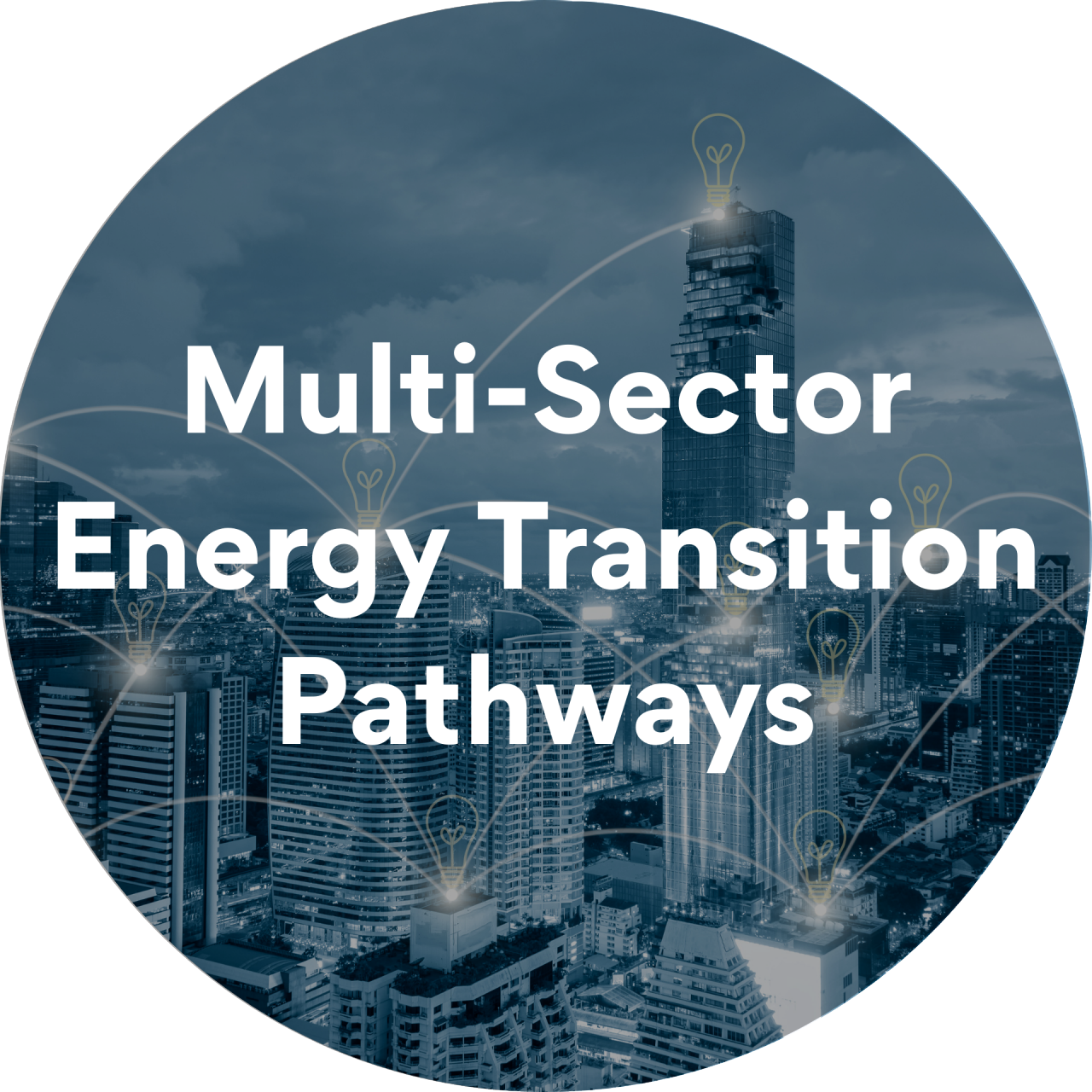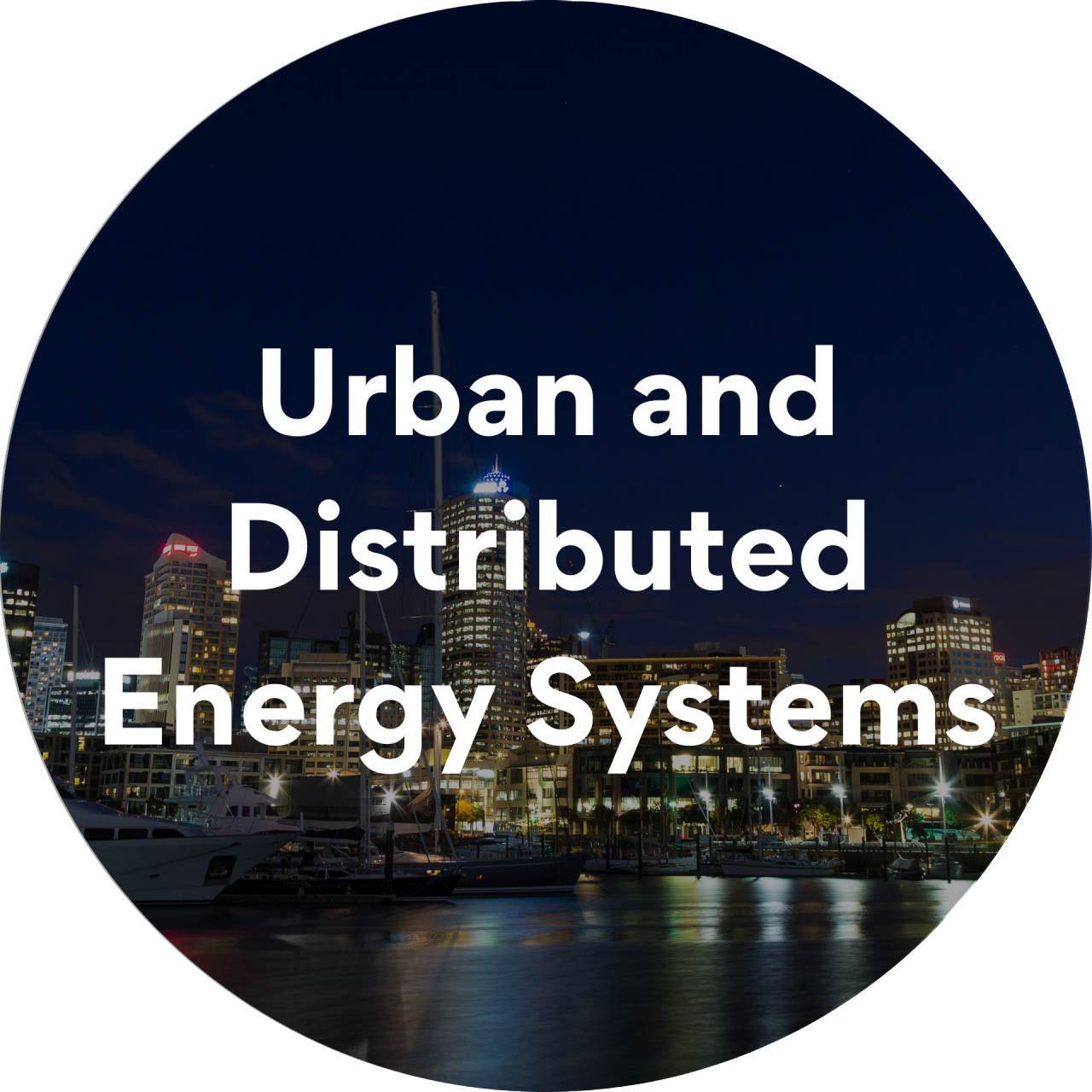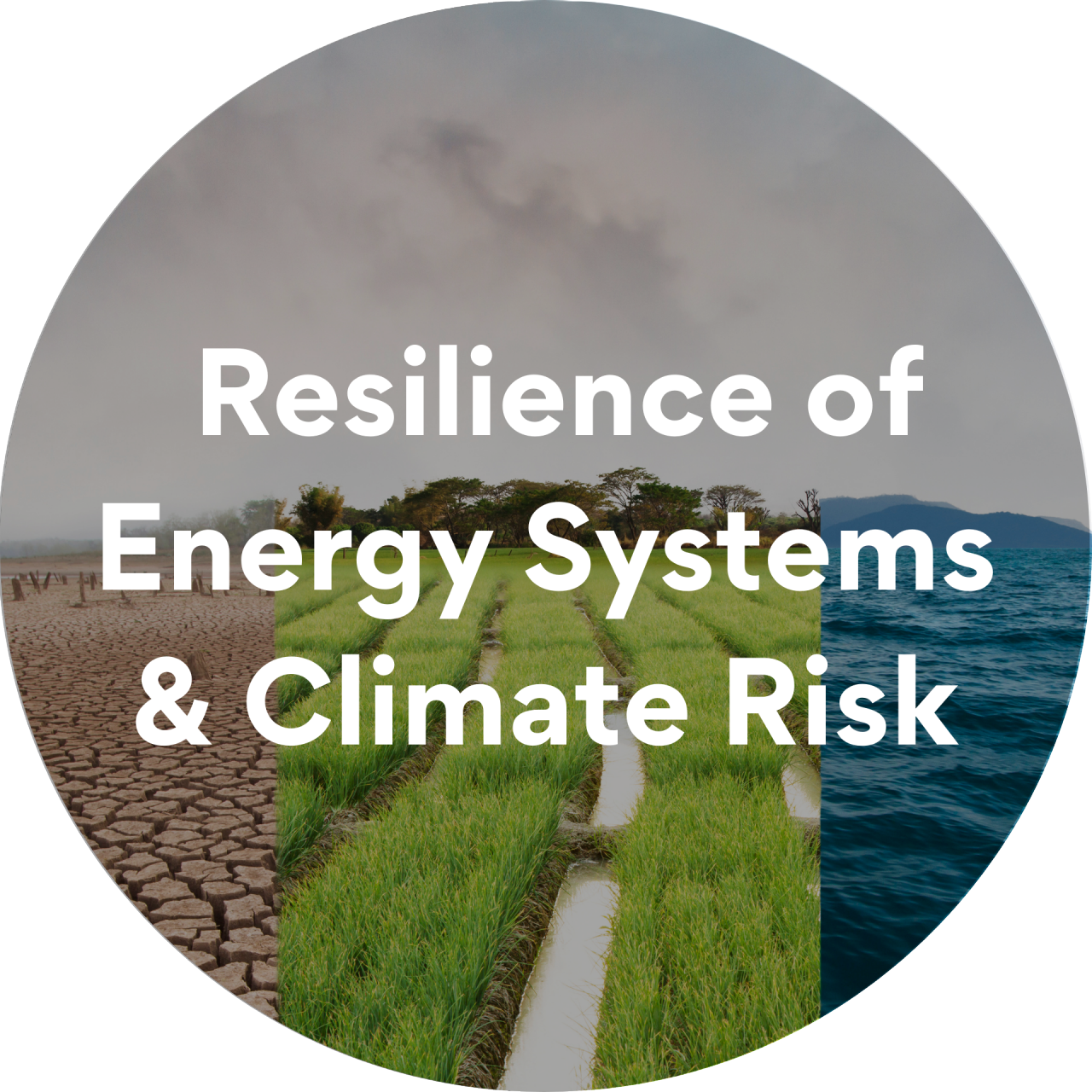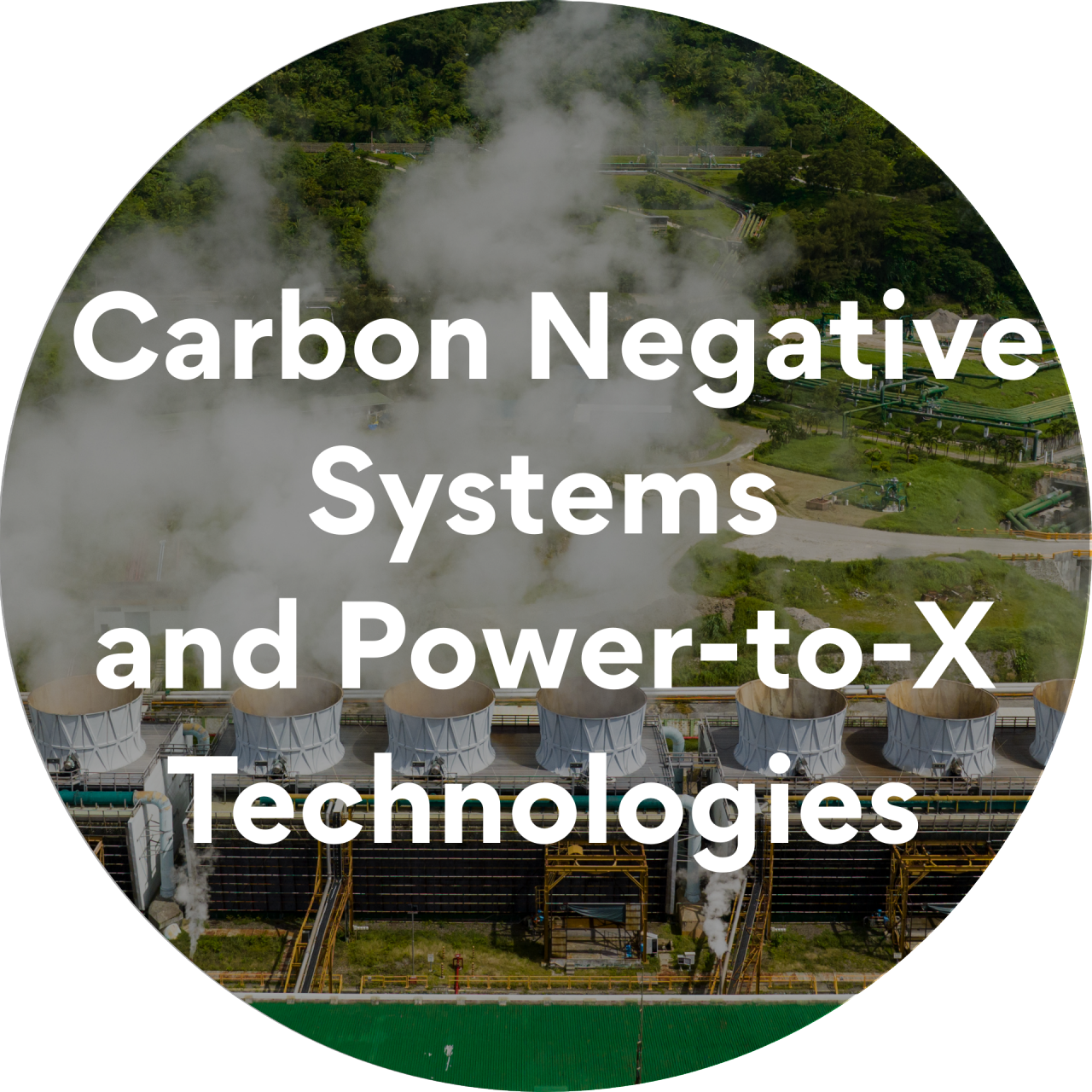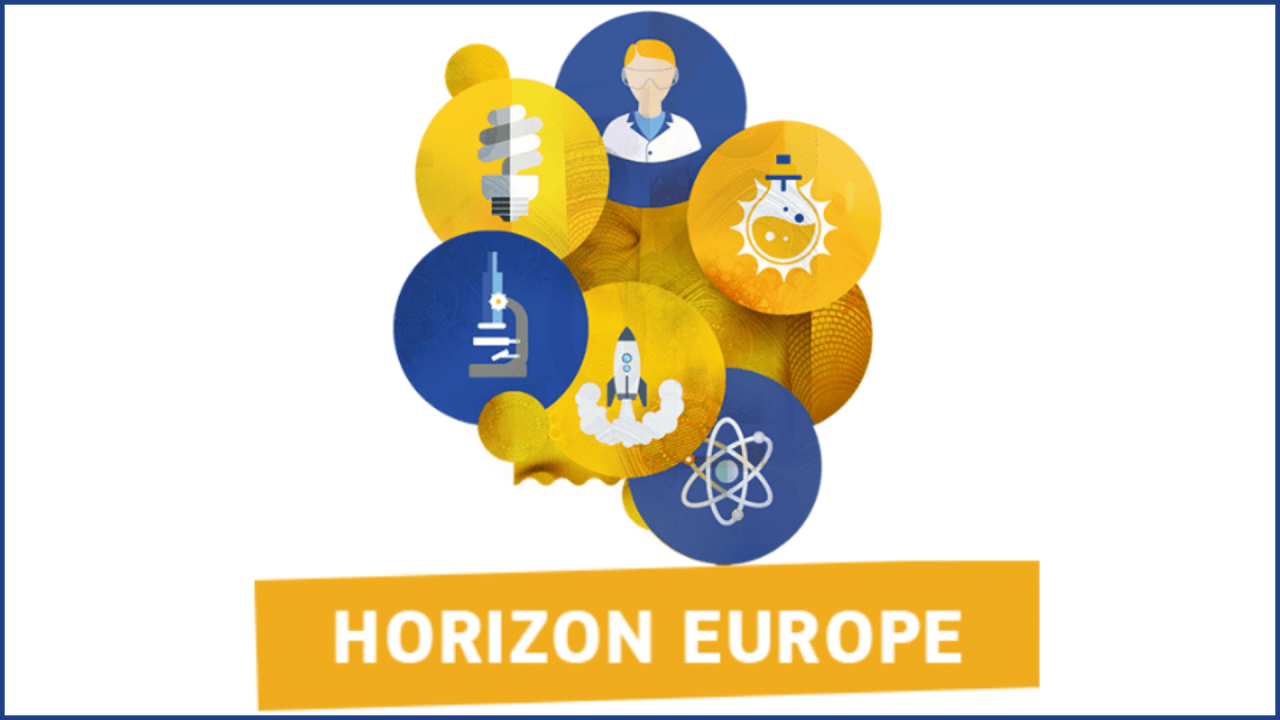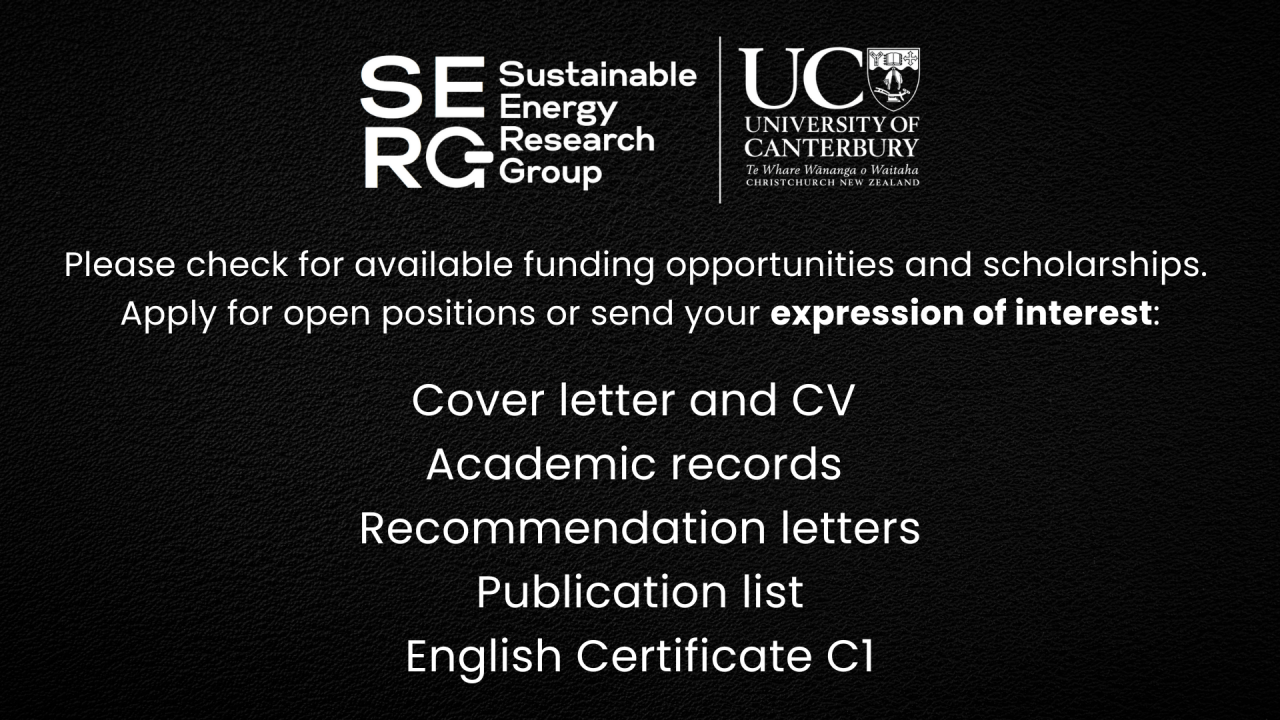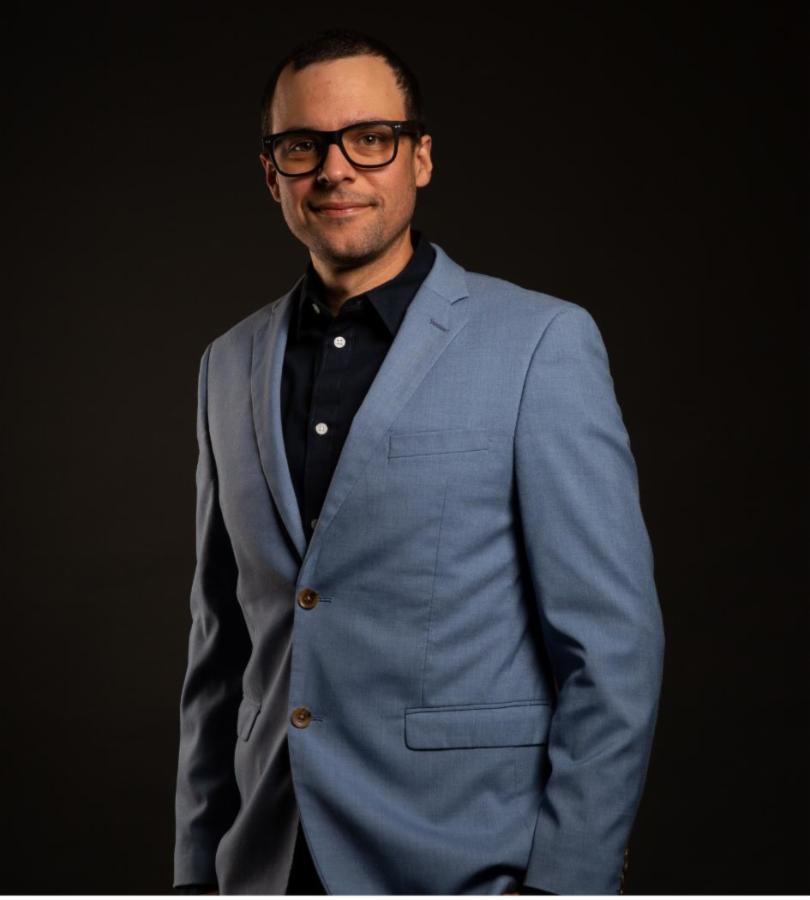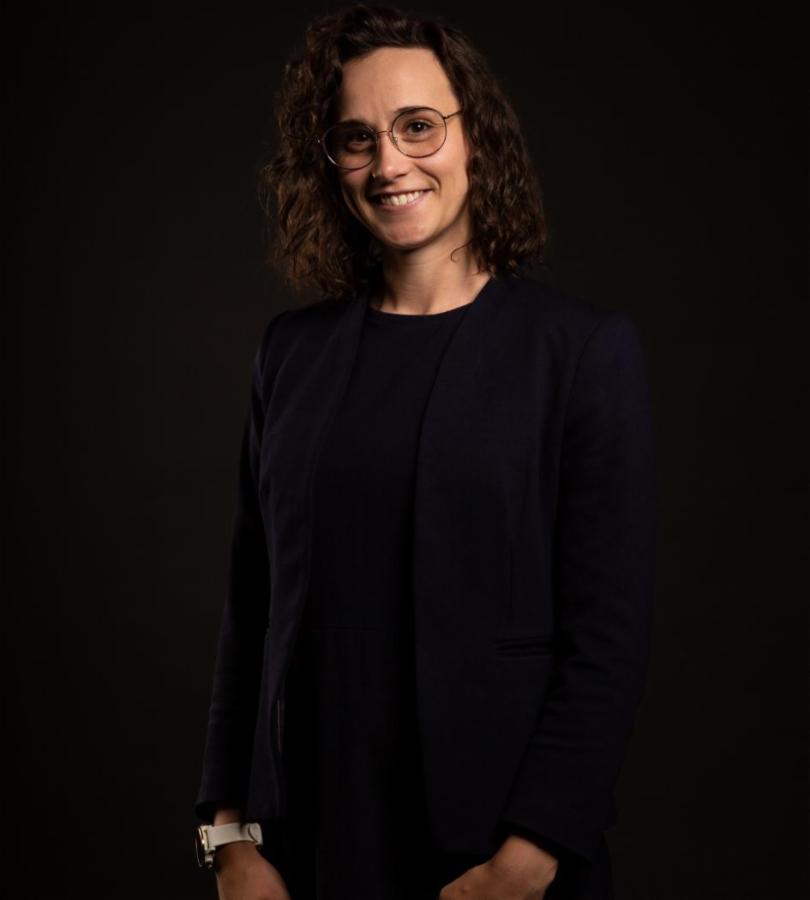SERG’s work spans key areas in the global energy transition, with focus on energy systems modelling. Our work informs sustainable energy systems and policy designs, including future fuels, carbon capture, storage, and climate and hazard resiliency.
If you are looking for a HORIZON Europe partner, or postgraduate oportunities: Get in touch!


